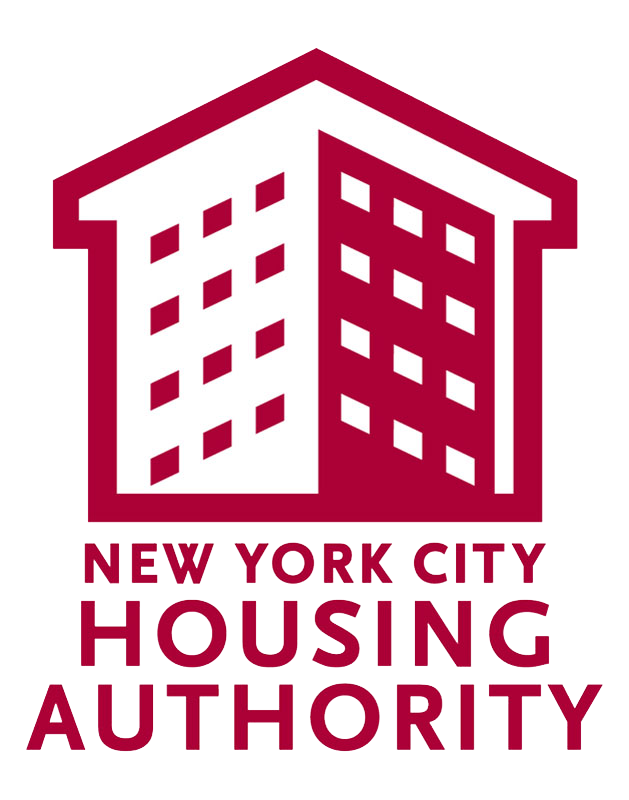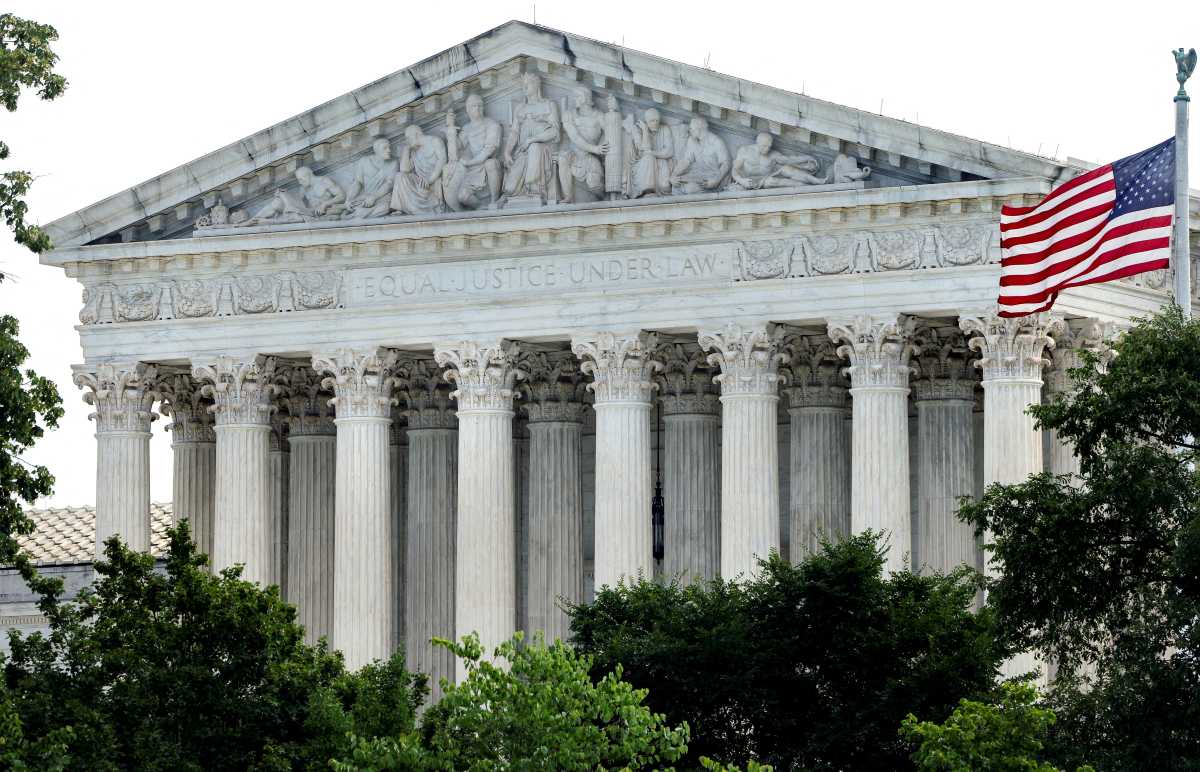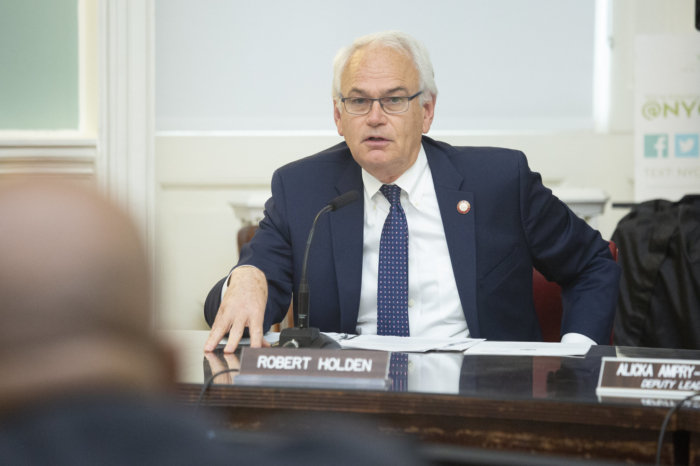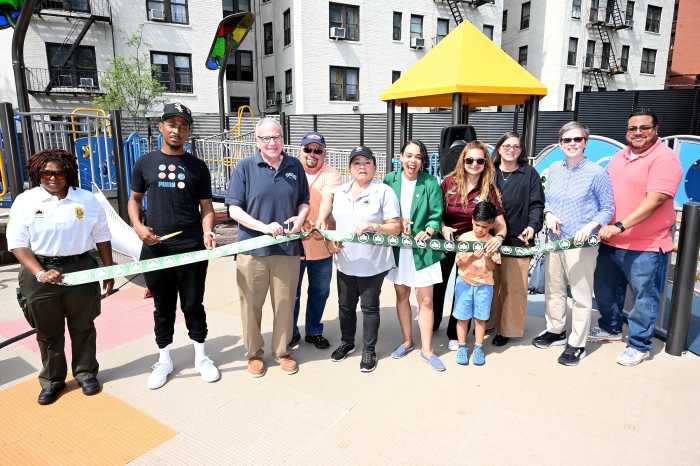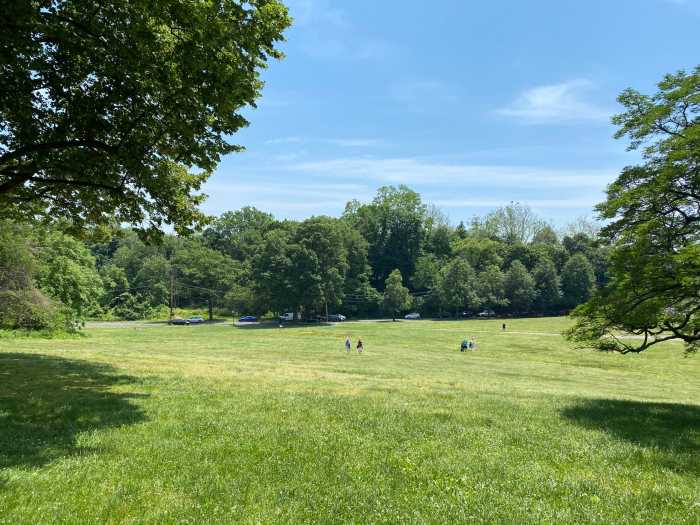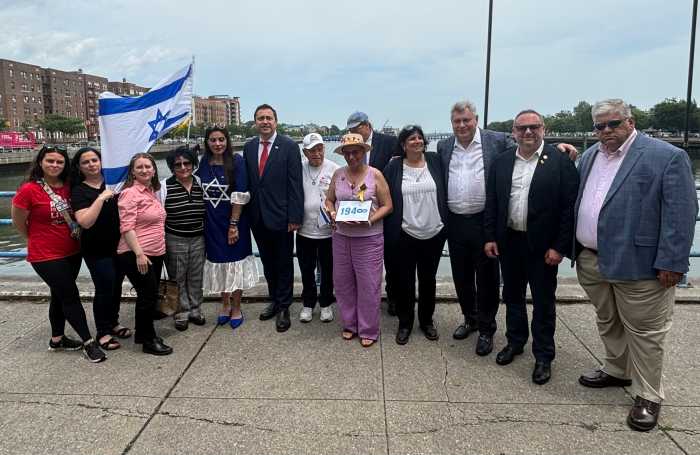BY SAM SPOKONY | A judge has dismissed a City Council lawsuit against the New York City Housing Authority’s plan to lease public land to private developers, declaring that the suit cannot be brought until NYCHA actually chooses the developers.
State Supreme Court Justice Cynthia Kern’s Dec. 4 ruling allows the land lease, or “infill,” plan — which would place predominantly market-rate housing on sites within eight of NYCHA’s Manhattan complexes, including five in the East Village and Lower East Side — to move forward for now. However, it’s still unclear whether Mayor-elect Bill de Blasio will take action to stop or modify the plan once he takes office in January.
A day after the judge’s decision, Council Speaker Christine Quinn released a statement that stressed that the door is still wide open for another lawsuit to be brought in the coming months — by whoever replaces her.
“This court decision is about timing — not an affirmation of NYCHA’s authority to implement the land lease initiative,” Quinn said. “The ruling does not prevent the City Council from returning to court on the merits if and when the NYCHA board approves a developer.”
NYCHA issued a request for expressions of interest, or R.F.E.I. — which precedes a request for proposals, or R.F.P. — to potential developers in August, and received all responses by Nov. 18. The Housing Authority has repeatedly claimed that its plan is the best way to provide necessary funding for tens of millions of dollars’ worth of building repairs across the city.
De Blasio could not be reached for comment following the Dec. 4 decision, but he has given somewhat conflicting remarks on this issue in the past.
“NYCHA land is not for luxury condos,” the mayor-elect said in a statement earlier this year, after which he implied that he would in fact consider such a plan, adding, “Any future infill plan must include substantial amounts of affordable housing, the hiring of NYCHA residents for construction and permanent jobs, and the resources generated must be used to improve conditions for NYCHA families.”
Councilmember Melissa Mark-Viverito, who is a frontrunner to replace Quinn as speaker, and whose Upper Manhattan district includes three of NYCHA’s proposed land lease sites, has made it clear she thinks the plan — at least as it stands now — should be halted.
In July, Mark-Viverito joined local Councilmembers Margaret Chin and Rosie Mendez in urging the Housing Authority to back off the plan.
“As a chorus of resident voices are raised [against it], we call for NYCHA to immediately cease the current [land lease] plan and instead work hand in hand with residents on solutions that are sound, sustainable and community-specific,” the three councilmembers said in joint testimony.
Before that, Mark-Viverito joined Chin, Mendez and a dozen other councilmembers in passing a resolution calling on the state Legislature to require NYCHA to follow the city’s Uniform Land Use Review Procedure, or ULURP, in any lease or sale of its properties.
If it were approved, NYCHA’s plan would grant developers 99-year leases to build new housing on sites within the grounds of the Lower East Side’s LaGuardia Houses, Smith Houses and Baruch Houses, as well as the East Village’s Campos Plaza and Meltzer Tower, and within Upper Manhattan’s Douglass Houses, Carver Houses and Washington Houses. The housing would be so-called “80/20,” in which 80 percent of the units would be market rate, with the other 20 percent being affordable.
The land lease plan also faces an ongoing legal challenge from NYCHA tenants who are being represented by the Urban Justice Center and the New York Environmental Law and Justice Project.
That lawsuit — which claims NYCHA violated state and federal laws by failing to conduct environmental reviews and a floodplain analysis before issuing the R.F.E.I. for the infill plan — was filed in November. The case is pending.



